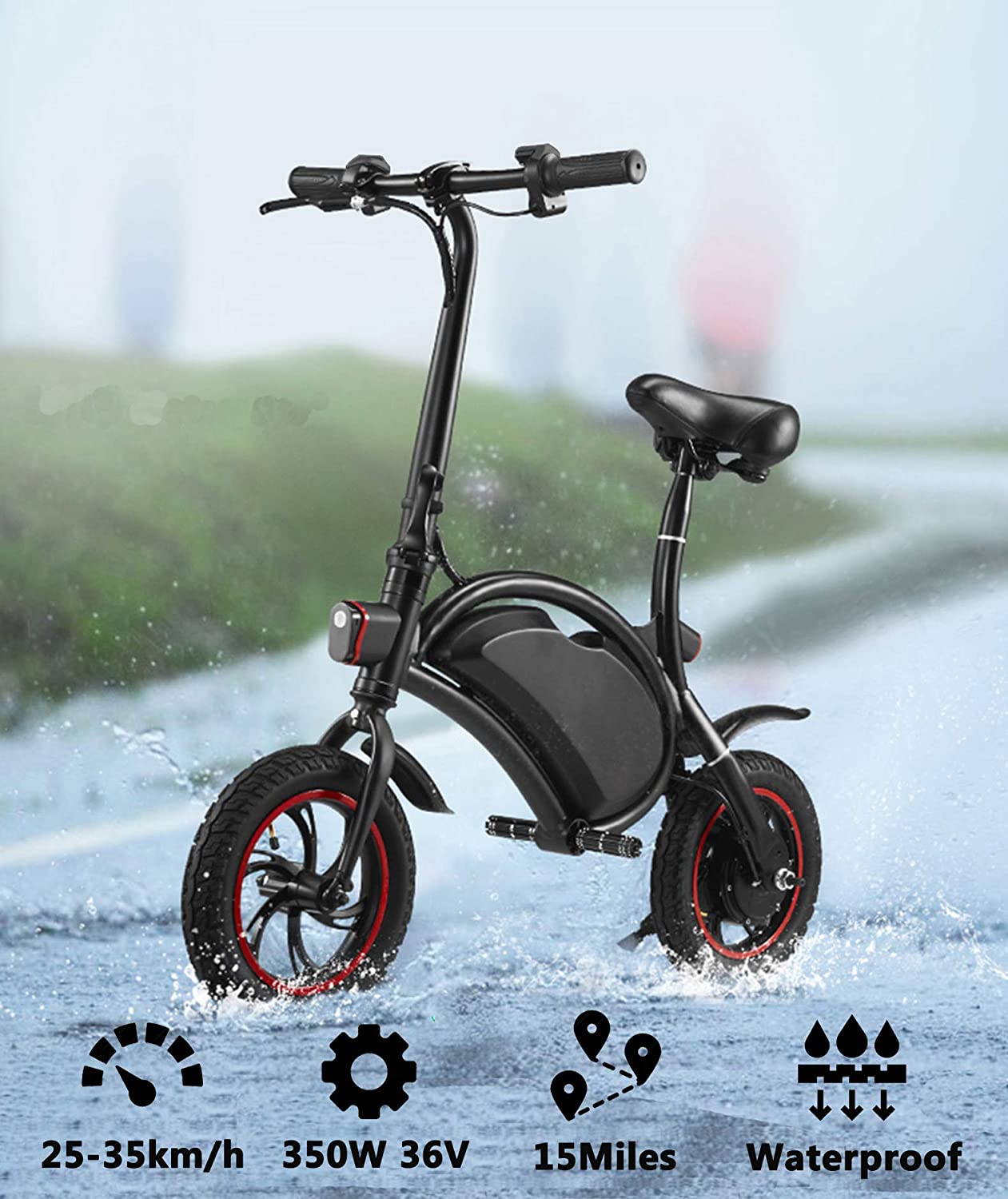Abstract
There's an e bike that needs to be light enough to be jumped out of a plane so that the user still has a wide range of maneuverability with but also strong enough to be durable once the user begins to use it on the ground. The batteries should be optimized such that they are prepared to go for a predetermined range that could fare in a wide variety of terrain and altitude, but also light enough should the batteries die, that the user still has an ability to move the bike and get to the location they need if it is far.
Problem Statement
The problem is developing a bike that can be deployed from the air with a user attached/connected to it, and then the bike must not hinder landing abilities of the user as they parachute in. From there the user should be able to have the bike ready to be used as soon as possible, with as little starting damage due to the landing as possible. The bike needs to help the user in as many suboptimal terrain settings as possible, such as lots of altitude changes, rocky or non-uniform terrain, or even slippery or water covered terrain. The bike's battery should be strong enough to help the user through the tough terrain, but also light enough such that if the battery dies, then the bike will not become a major hinderance to the user's travel and the user can still travel fairly smoothly through those tough kinds of terrain.
Proposal
i propose that a foldable e-bike be created. the frame of this bike should be slim and flexible so i would use materials similar to creating a mountain bike, with similar suspension features, and fairly large wheels. Also, this folding bike needs hinges that can snap into place when folded and when fully expanded. These hinges need to be durable enough to withstand the impact of uneven terrain, and also flexible enough to not snap away from the bike's frame. I would keep the batteries separate from the bike when deploying, and then when the bike gets to the ground and is unfolded, the batteries can be attached to a specific outlet from where the bike becomes electric. This battery should also have the option to be recharged by the person's cycling, which would make the cycling more difficult as it the person would need to generate energy for the battery but also would allow the battery to be reused, and could be easily charged when cycling on flat ground. In addition, the tires will be reinforced as heavily as mountain bikes currently are, and the spokes will also be akin to mountain biking durability as well.
Challenges and Unknowns
Some major challenges and unknowns are the fact that I am not familiar with the common types of materials used in bikes, and which would be best for the types of terrain that the bike will be encountering (though I assume it is somewhat close to the materials used in mountain bikes). I am also not sure if e bike batteries are able to be detached from the actual bike without hindering performance or damaging the bike. I need to find out what size tires and spokes are useful for a wide range of terrains, and also an ideal structure of bike that allows it to be lightweight and structurally sound while also having a spot for the bike batteries to sit. Going off of that topic, bike batteries need to be researched to find ones that could potentially recharge, and create a wiring system such that they can be plugged in and also unplugged, so that the bike can fold properly.

 OUSD Research and Engineering
OUSD Research and Engineering  West Point
West Point